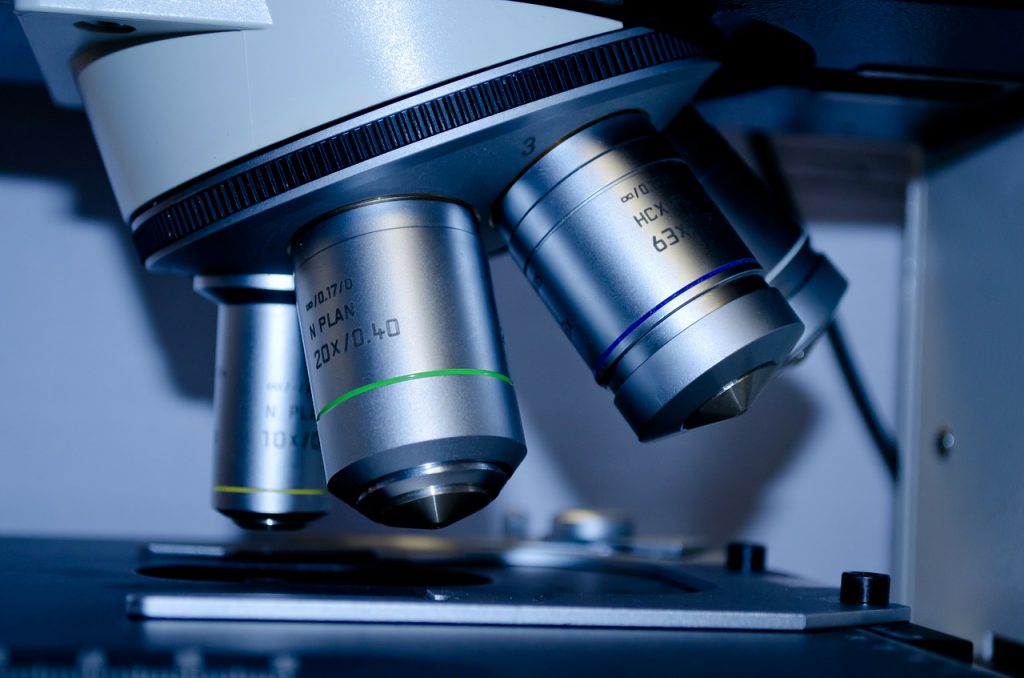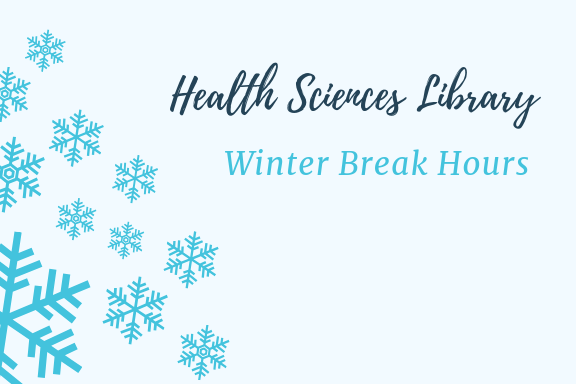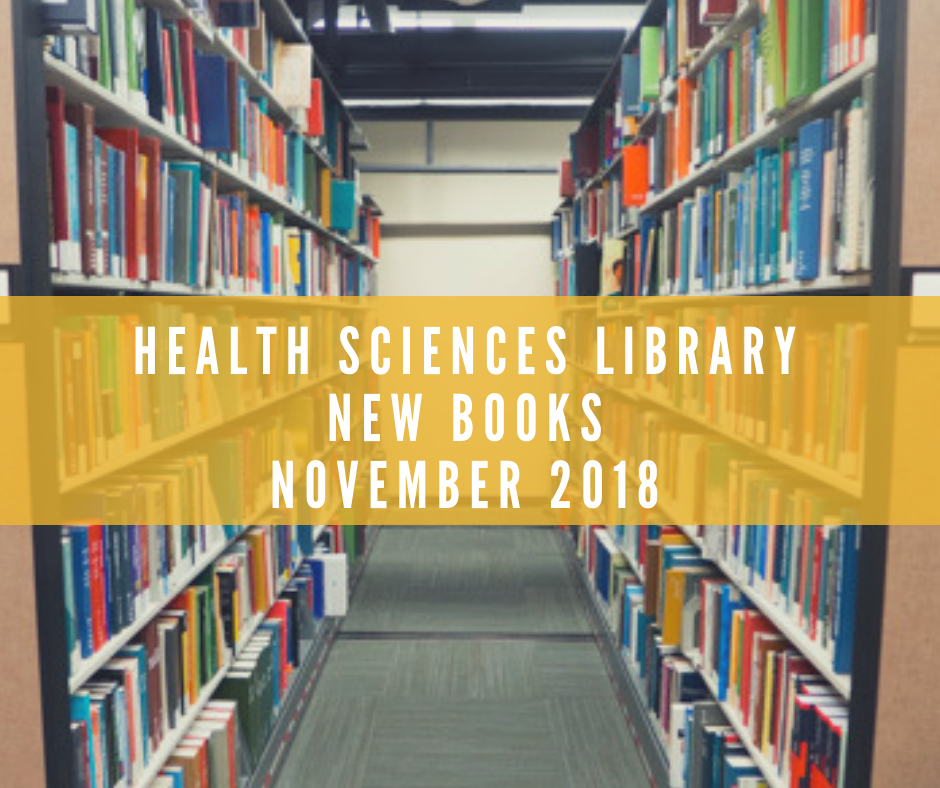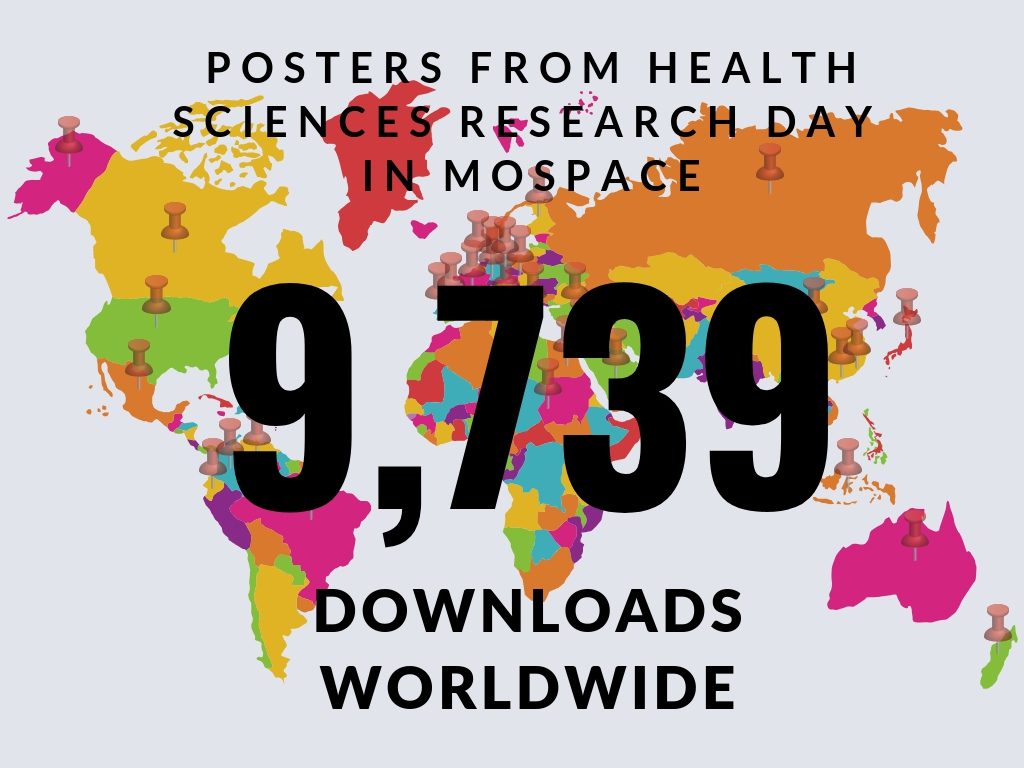Each month we provide an overview of University of Missouri authored articles in medicine and related fields as well as a featured article from a School of Medicine author with the highest journal impact factor.
This month’s featured article:
“From Analysis of Ischemic Mouse Brain Proteome to Identification of Human Serum Clusterin as a Potential Biomarker for Severity of Acute Ischemic Stroke”, was co-authored by Hailong Song, Hui Zhou, Zhe Qu, Dennis Y. Chuang, Shanyan Chen, Grace Y. Sun, Jiankun Cui, and Zezong Gu of the Department of Pathology & Anatomical Sciences as well Agnes Simonyi of the Department of Biochemistry, along with other MU researchers of the Center for Botanical Interaction Studies. The article was published in Translational Stroke Research (impact factor of 8.266 in 2017).
See the list of publications in medicine and related fields we retrieved for this month: http://library.muhealth.org/resourcesfor/faculty/faculty-publications/dec2018
*This list is not intended to be comprehensive.
Did we miss something? Email asklibrary@health.missouri.edu and we will add your publication to the list.








